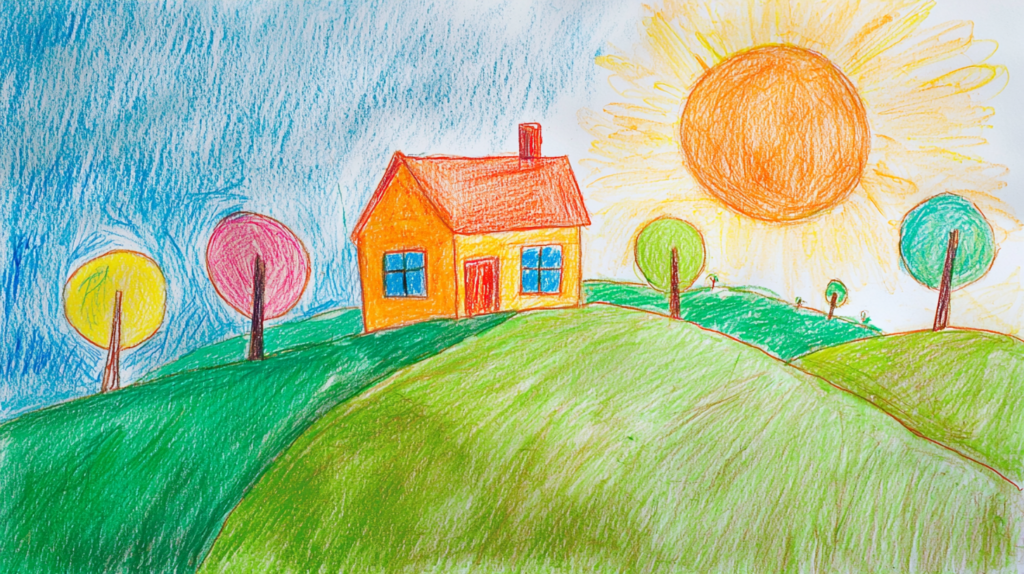Depression. A word thrown around casually, yet for those living with it, it’s anything but trivial. It feels like heavy, persistent fog that dulls life’s colors and drains joy from the simplest moments everyone says to value. Unlike fleeting sadness, depression lingers – amplifying fatigue, sapping motivation. It’s not just “feeling down”; it’s a complex, deeply personal battle that demands understanding, patience, and, most importantly, compassion.
Spotting the Signs Without Playing Detective
Depression doesn’t always announce itself with dramatic gestures. Sometimes, it sneaks in quietly – through persistent tiredness, withdrawal from social life, or a sudden loss of interest in things once loved. A friend who used to light up a room now seems distant; a family member who always had a project suddenly abandons everything and does not seem to take care of himself anymore. These subtle changes are often the first hints that something deeper is at play.
While it’s natural to want to “fix” things, pressing too hard with questions like “Why are you sad?” or “What’s wrong with you?” usually leads nowhere. Depression isn’t a puzzle to be solved overnight – it’s an experience that needs space, empathy, and understanding. Sometimes, just sitting in silence with someone who’s struggling speaks louder than any well-intentioned pep talk.
What Not to Do (Seriously, Don’t)
We’ve all heard the classic, and often unhelpful, advice: “Just cheer up,” “Look on the bright side,” or the ever-popular “Other people have it worse.” Spoiler alert – none of these work. Depression doesn’t respond to logic or comparison, it thrives in isolation and misunderstanding. Instead of trying to push happiness onto someone, it’s far more meaningful to acknowledge their struggle and remind them they’re not alone.
Equally important is avoiding the trap of becoming the sole emotional support. Trying to “save” someone from depression alone is a sure way to burn out, and when you’re exhausted, you can’t help anyone – not even yourself.
“Depression is the inability to construct a future. It is not simply sadness or feeling down; it is a pervasive sense of hopelessness that clouds every aspect of life. The challenge lies not just in treating the symptoms but in helping the person rediscover meaning and hope. Healing requires patience, understanding, and the belief that life can be rebuilt, step by step.” – Karl A. Menninger
How to Actually Help (Without Losing Yourself)
What can really help? Seeking professional support is essential – this may include therapy, support groups, and medical help. Additionally, small, consistent actions can have a significant impact: regular check-ins, providing distractions without pressure, and just being present. Because depression can make even the easiest tasks – like getting out of bed, eating, or replying to messages – feel just too hard and meaningless, gentle encouragement can offer much-needed support.
Supporting someone through depression can be emotionally taxing, and maintaining own well-being is crucial. Set boundaries, lean on others, and take time to recharge – whether it’s through hobbies, exercise, or talking to someone you trust.
The Road to Recovery: A Marathon, Not a Sprint
The path out of depression isn’t a straight line. It’s more like a winding road with detours, roadblocks, and the occasional unexpected U-turn. Healing takes time and patience – mostly, you have to “outlive” it. Healthy habits like regular sleep, balanced and good food, gentle (or any) physical activity, and simply watching the sun rise can help. The key lies in consistency and kindness.
Ultimately, depression isn’t a battle to be won overnight, but a condition that can be managed with the right support and understanding. By fostering a culture of openness, avoiding harmful clichés, and prioritizing self-care, it’s possible to navigate this journey with resilience and hope.
And remember – sometimes, just showing up is enough.


